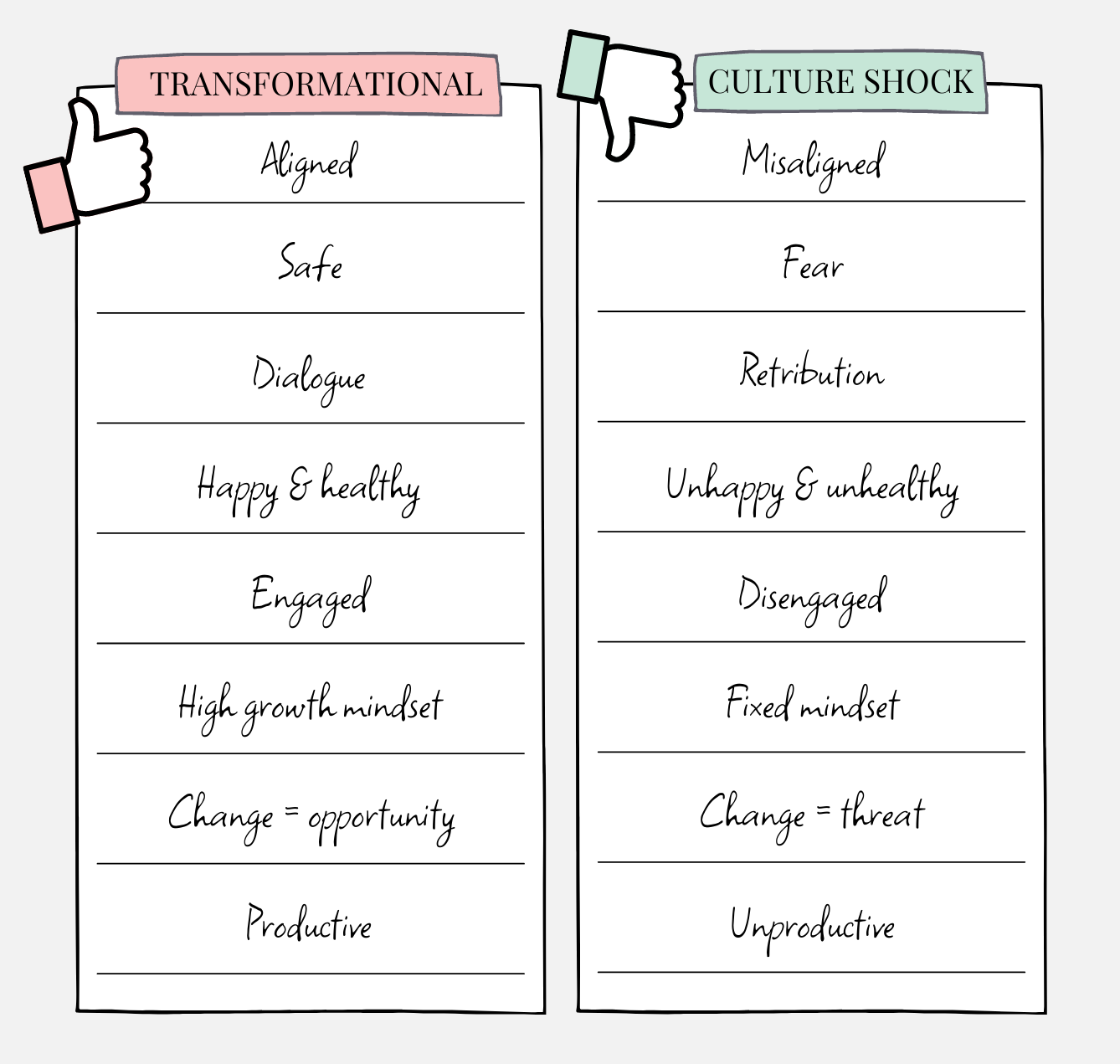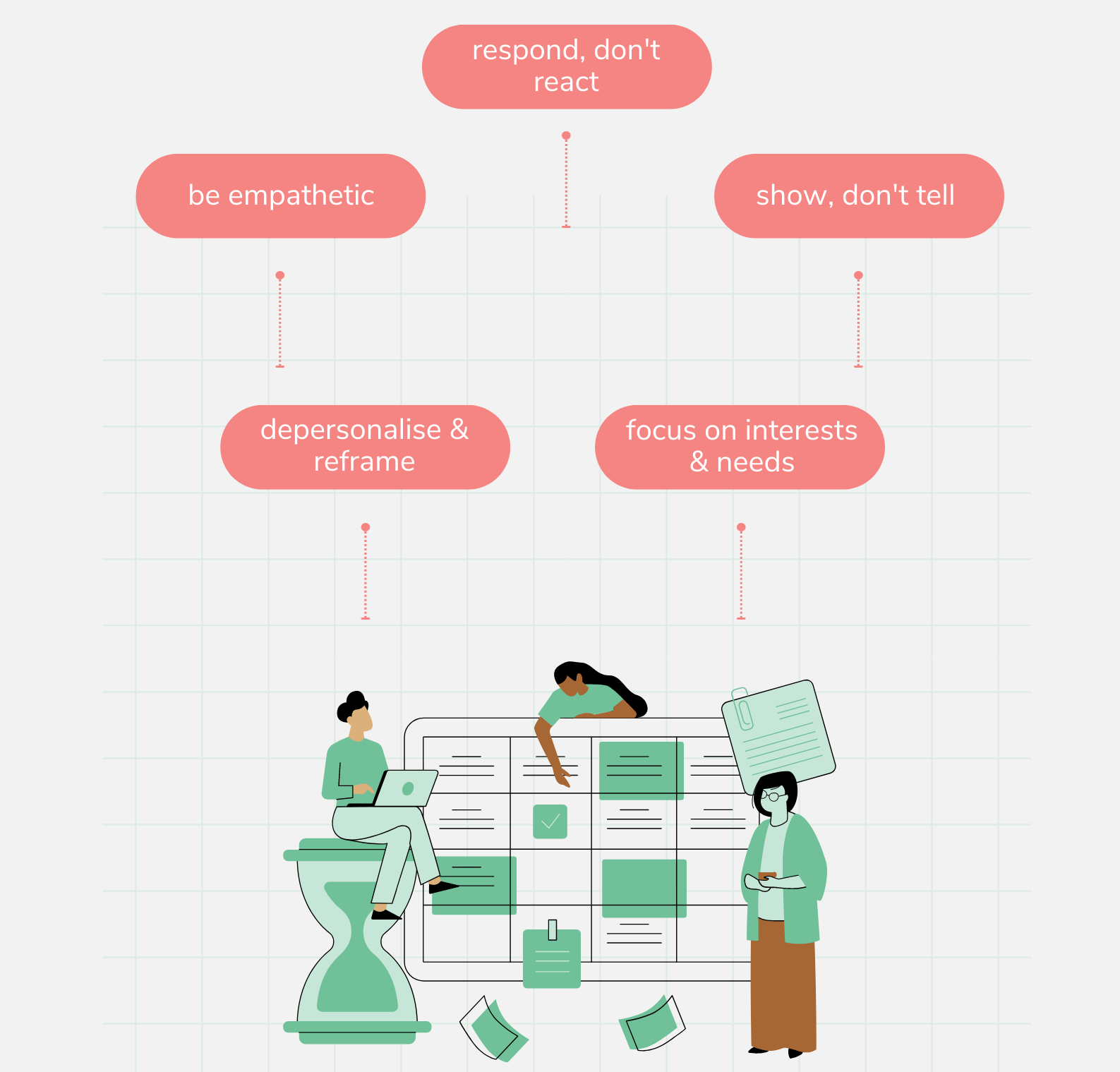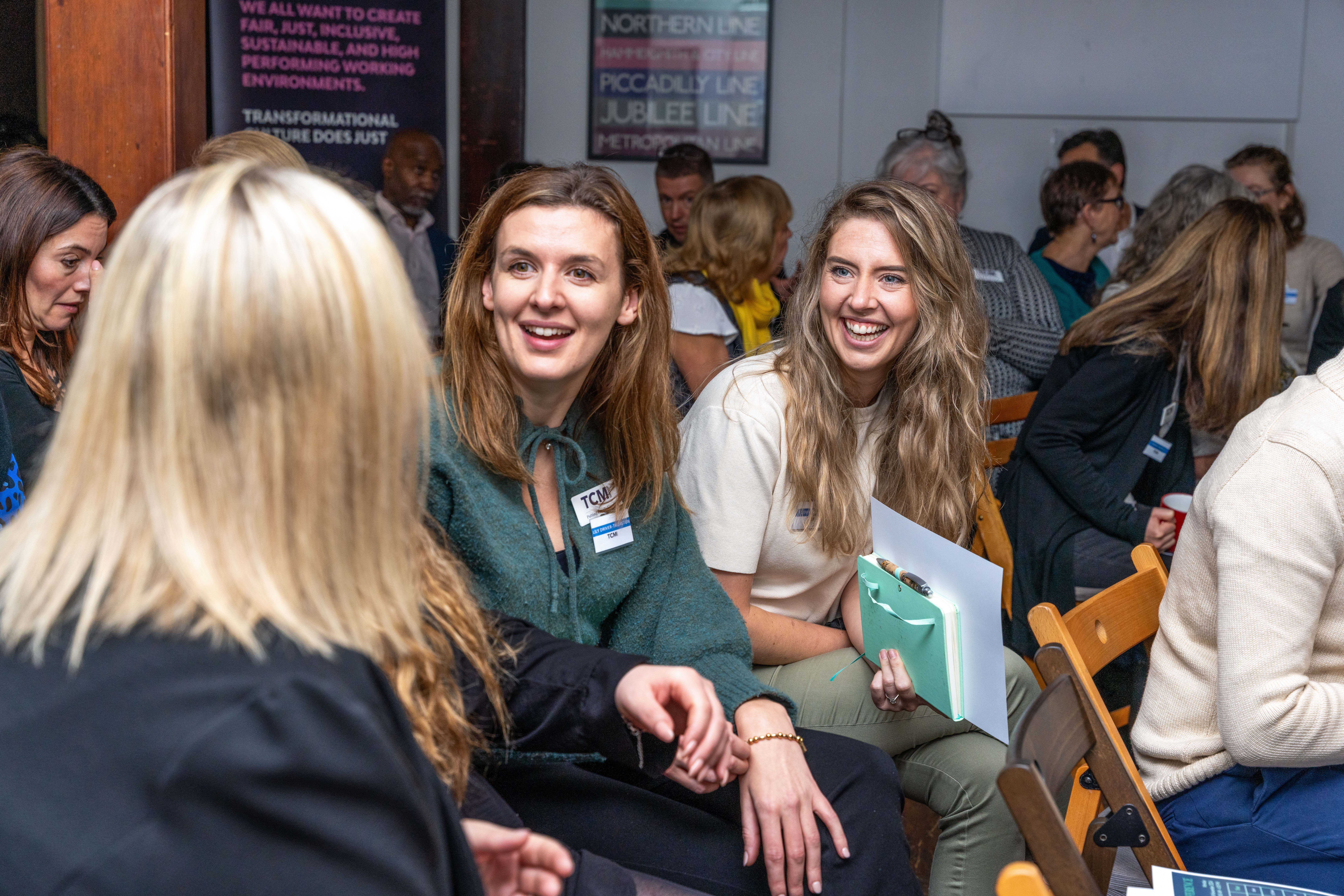
Share article:
Tags:
Mergers and acquisitions can be an incredibly lucrative strategic move for a business to make. It can also go horribly wrong.
Where merging goes wrong
The three most common failures of M&As are as follows: 1) cultural clashes; 2) redundancies and layoffs 3); differences in systems and processes. These failures are all too familiar for some of the biggest companies: perhaps the most famous failed “mega-merger” of all time is cited as the one between AOL & Time Warner. At the time of acquisition in January 2000, the deal was valued at $500 billion as it was seen as a historic moment for the age of new media in the millennium.
Shortly after the merger took place, the dot-com bubble burst, which caused a significant reduction in the value of the company’s AOL division. In 2002, the company reported a loss of $99 billion, the largest annual net loss ever reported, attributable to the goodwill write-off of AOL.
The main reason for failure here was an inability to synergise the two businesses: AOL was Internet-savvy but unable to run a huge media conglomerate and Time Warner, in contrast, was an extremely politicised business with very set processes. This was a big new vs. old contrast that struggled to align.
We know the problems – what are the solutions? TCM’s CEO and chief consultant, David Liddle hosted a webinar to discuss the power of transformational tools to soften the blow of culture shock and secure a successful merger.
The factors of culture shock
Culture shock occurs for a variety of reasons, and it’s important to understand these in order to avoid perpetuating this culture within a merging organisation:
- Loose cultures aligning with tight cultures.
- Poor use of evidence and data to plan for cultural alignment.
- Leadership and management behaviours which are misaligned to the company’s core values and stated purpose.
- HR processes and management systems which are retributive and adversarial or driven by ego, silo working, power and status, blame, fear or discrimination.
- A failure to listen and learn.
- A drive for profit at the expense of the needs of the workforce, the needs of wider stakeholders and the impact on the planet.
- Unresolved conflicts and disagreements and a failure to recognise the wider implications that this has on the organisation.
How do we tackle these? At TCM, we believe the answer is through adopting a transformational culture.
“We’ve seen a significant reframe and rethink about concepts and principles of justice within our organisations moving from retribution of systems of justice based on blame, shame and punishment, to a more restorative and transformative model of justice driven by inclusion and sense of fairness, dialogue, adult conversations, and a more meaningful engagement between the HR function, management function and the workforce. There’s a lot of work to be done, it’s fair to say, but there’s some real exciting work happening in this space.”
Under the transformational culture ideation of a modern workplace, we’re guided by seven principles: collaboration, courage, common purpose, communication, compassion, curiosity and connection. These tenets provide the foundations for our leadership, justice and HR functions. People unafraid to speak their mind, with psychological safety at the forefront, and traditional outdated policies on the backburner. If we align our culture to our strategy from the outset, there can be no room for culture shock, and therefore no difference in systems and processes or fear of redundancy. Everything connects in one singular, directional outlook.

The Culture Flow System
To reduce the shock, this system has been created as a tool for mapping, driving and sustaining cultural alignment. This provides a diagnostic framework to help change agents as you’re going through the merger and you can align this to both in organisations individually and the organisations collectively through following the merger.
It looks at the relationship between climate and culture, two separate but very interconnected features. When thinking about mergers, there are certain questions we can ask to define the driving future of collective culture:
What’s the purpose of organisation A? What’s the purpose of organisation B? What’s the purpose of the merged organisation?
What are the values of organisation A? What are the values of organisation B? What are the core values of the newly merged organisation?
What’s the core strategy, the corporate strategy and the people strategy within both of the separate organisations? What will be the corporate and people’s strategy from the merged organisation?
What are the HR policies in the employee handbook in an organisation? Is it humanising? Is it person-centred and purpose-driven or is it autocratic command and control?
What’s the mindset that you’re driving within the within the workforce? How do people feel, how do people think, and how do people behave and believe in terms of the organisation driven by those experiences of those processes? Are they driven by fear, animosity, defensiveness, or is it again, a collective sense of high growth mindset can do, and a sense of collaboration?
Discovering these elements of process, people and principle provides us with an opportunity to map the two organisations and to identify areas of convergence between the two: commonality and common ground. In essence, the system diagnoses, tracks, evaluates and eventually works to sustain a collective transformational culture.

How to develop a transformational culture through M&A
To help you along your merger, The TCM Group have developed a Culture Catalyst Programme. Depending on needs, there are three levels of support available:
Level 1
What is a transformational culture, how does it work and what benefits does it deliver?
Level 2
Level 1 plus a practical playbook for integrating a transformational culture
Level 3
Levels 1 and 2 plus managing the cultural transformation, including 12 months’ individual and group coaching to support the transformation
At the heart of this transition are our leaders and managers – these are the real culture catalysts. David offers 5 words of wisdom to those seeking a successful, transformational merger:

At the end of the day, acquiring or merging with another organisation is an exciting step on a journey to longevity and success. Let’s make sure we continue to make that work humanising to ensure health, happiness and harmony with all colleagues, clients and customers. It’s all about putting people first.
If you missed the session and you’d like to catch up, you can watch the full recording below:
For more information on becoming a Culture Catalyst, you can email our CEO David Liddle here.














